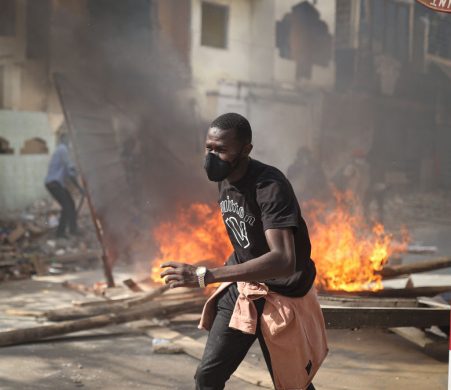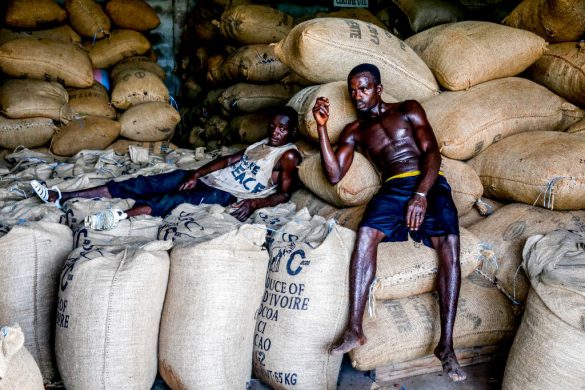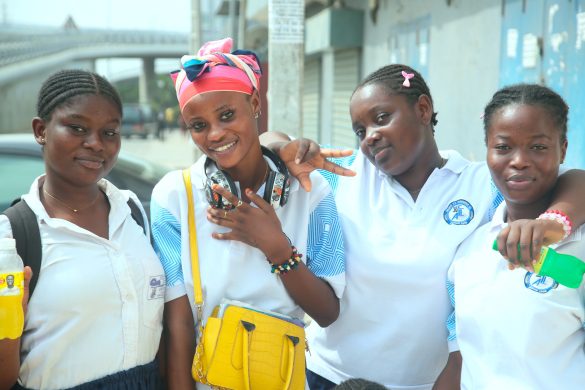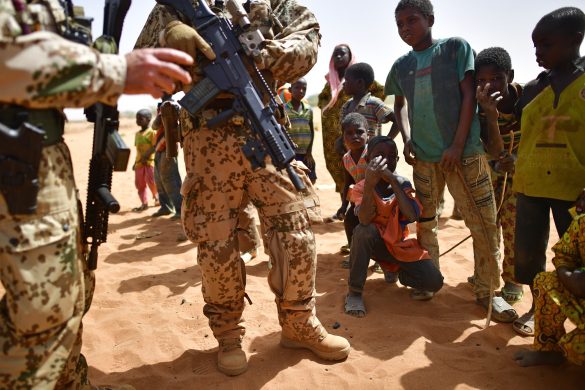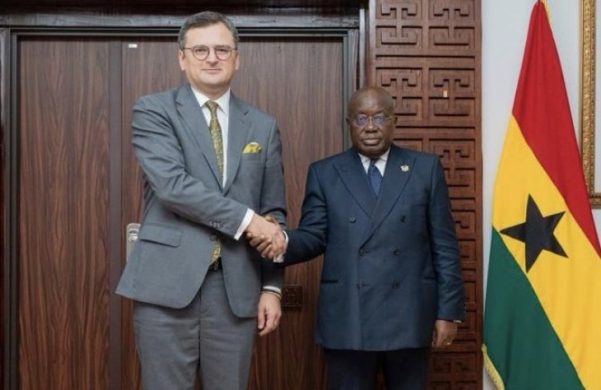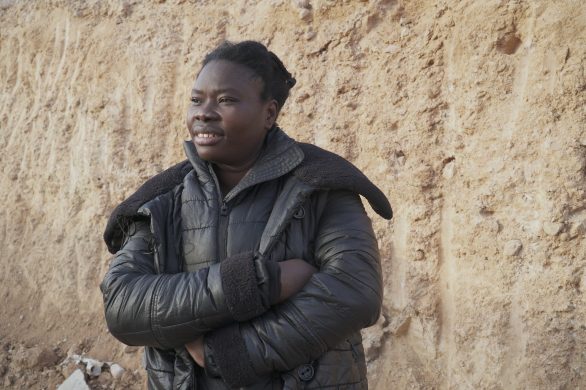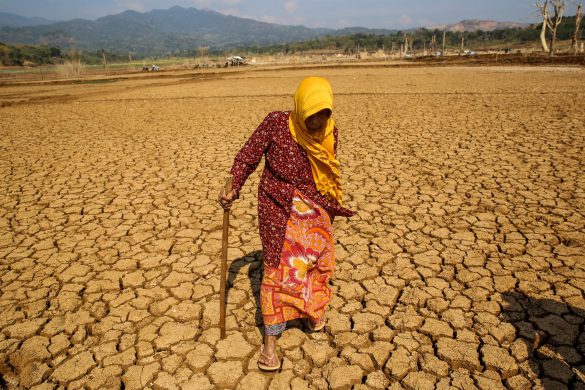GENEVA, 17 August 2016 (UN News): Speaking ahead of the 10th anniversary of the illegal dumping of toxic waste in Côte d’Ivoire, a group of United Nations experts today urged the Ivorian Government, all responsible States and the international community to use the opportunity to address the ongoing human rights impacts of the incident.
In a news release from the Office of the UN High Commissioner for Human Rights (OHCHR), the experts also called on Trafigura, the Anglo-Dutch commodity trading company behind the dumping, to support this process by disclosing all the information it has about the contents and nature of the waste dumped, and its likely ongoing health and environmental consequences.
500 tons giftigt affald i havnen og rundt omkring i byen
OHCHR noted that on 19 August 2006, the cargo ship Probo Koala discharged 500 tonnes of toxic waste in Abidjan. The hazardous substances, which belonged to Trafigura, were also dumped at 18 sites around the city while many other possible locations remain unknown to date. Trafigura had decided not to dispose of the toxic waste in the Netherlands because proper disposal costs more.
According to official estimates, 15 people died, 69 people were hospitalized and over 108,000 others sought medical treatment after the ‘Probo Koala incident.’
Globalnyts tilføjelse: Trafigura havde angiveligt betalt for, at få lov til at dumpe affaldet i Abidjan.
Hvad var der i affaldet?
“Ten years on, victims of the dumping and other residents in Abidjan remain in the dark about the ongoing dangers to their health,” the experts said, noting that they still do not even know what was in the toxic waste; whether the dumpsites have been adequately cleaned-up, and whether the waste has entered the water supply or the food chain.
“Recognizing the lasting adverse impacts that hazardous materials can have on water and soils, there is real concern for food safety and the health of future generations,” the experts added.
The experts urged the Government of Côte d’Ivoire to seize the opportunity of the 10th anniversary to address the long-term health and environmental impacts of the incident and seek additional financial and technical assistance from public health experts and the wider international community.
They stressed that in a post-conflict country such as the Côte d’Ivoire, it is even more vital for the international community to provide support. Given their role in these events, the governments of the Netherlands and the United Kingdom where Trafigura is registered, have a particular responsibility to do so.
Ingen efterforskning i UK
Noting that in March 2015, the United Kingdom refused to launch a criminal investigation into whether Trafigura’s London-based subsidiary had conspired in the UK to dump the waste in Abidjan, the experts said that this lack of action and information has left those affected by the dumping feeling abandoned and vulnerable to further victimization.
In November 2015, the Ivoirian Government announced that it had completed the decontamination of all of the dumpsites. At the Government’s request, the UN Environment Programme (UNEP) performed an environmental audit of the dumpsites in July 2016 to verify their decontamination.
UNEP is due to publish its results and recommendations at the end of the year. The Government has also recently initiated a process to check the health of victims in one of the villages most affected by the dumping.
The experts welcomed these steps, but urged the Ivorian authorities and the international community to take effective measures to protect the right to health and the right to a healthy environment of all victims and their families, including through free medical treatment for long-term health consequences and preventative measures for environmental threats.
The experts are Mohammed Ayat, Independent Expert on the situation of human rights in Côte d’Ivoire; Baskut Tuncak, Special Rapporteur on the implications for human rights of the environmentally sound management and disposal of hazardous substances and wastes; Hilal Elver, Special Rapporteur on the right to food; Dainius Puras, Special Rapporteur on the right to health; Léo Heller, Special Rapporteur on the human right to safe drinking water and sanitation; and Pavel Sulyandziga, current Chairperson of the Working Group on human rights and transnational corporations and other business enterprises.
Independent experts, or special rapporteurs, are appointed by the Geneva-based UN Human Rights Council to examine and report back, in an unpaid capacity, on specific human rights themes.




